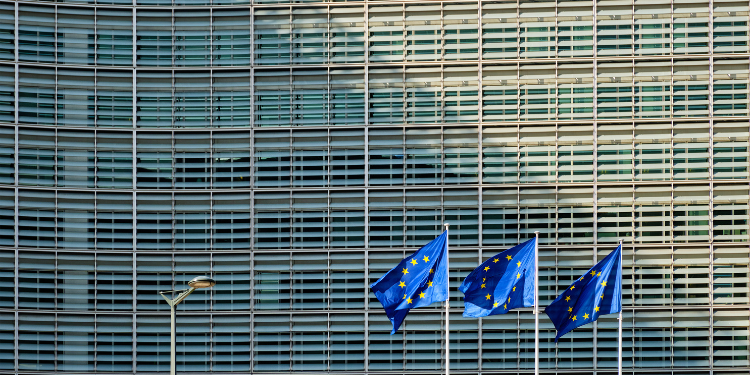European Commission: A White Paper on the Future of European Defence
The new European Commission began its work on December 1st, with an ambitious agenda for the first 100 days of the mandate. Among its priorities, Andrius Kubilius, the inaugural Commissioner for Defence and Space, will join HRVP Kaja Kallas to present a White Paper on the Future of European Defence. Such document should address the urgent security challenges Europe faces today, while also outlining strategies to prepare for long-term threats. It aims to set the foundation for a stronger, more resilient European Defence by enhancing capabilities, reinforcing Member States’ armed forces, and lead towards the European Defence Union.
Commissioner Kubilius has already underlined that Europe must adopt a “Big Bang” approach—an overhaul of its defence industry that not only addresses current gaps but also anticipates future needs. Strengthening the European Defence Technological and Industrial Base (EDTIB) is integral to this approach, ensuring that European militaries are better equipped and prepared to respond to crises. EUROMIL supports such developments, but the White Paper should also prioritise the human factor.
EUROMIL considers the following elements as essential for the future of European Defence and should be part of the White Paper:
- Building a common European military culture requires common exercises, training programs, and initiatives like the Military Erasmus and strengthening the role of the European Security and Defence College (ESDC). These measures will enhance interoperability and standardization across Member States, while also fostering seamless collaboration.
- Military personnel are increasingly train and operate together under EU frameworks (e.g., the EU Rapid Deployment Capacity), thus establishing a minimum of common standards for working conditions, rights, and protections is vital to ensure efficiency.
- The White Paper should recognise that Europe’s armed forces face significant recruitment and retention challenges and promote innovative strategies to attract younger generations, including fostering a more inclusive culture and advancing gender equality within the military.
- Military personnel often carry out non-traditional tasks, including humanitarian aid, disaster relief, and operations in extreme weather conditions. Hence, the White Paper should prioritize specialized training and ensure access to appropriate equipment to enhance mission effectiveness while safeguarding the health and wellbeing of service members.
In conclusion, the upcoming White Paper on European Defence has the potential to be a defining moment for the EU. By addressing immediate security concerns and preparing for emerging threats, it can help establish a robust European Defence Union. This vision aligns with the EU’s broader strategic goals of becoming a global security actor and reinforcing its European pillar within NATO.

